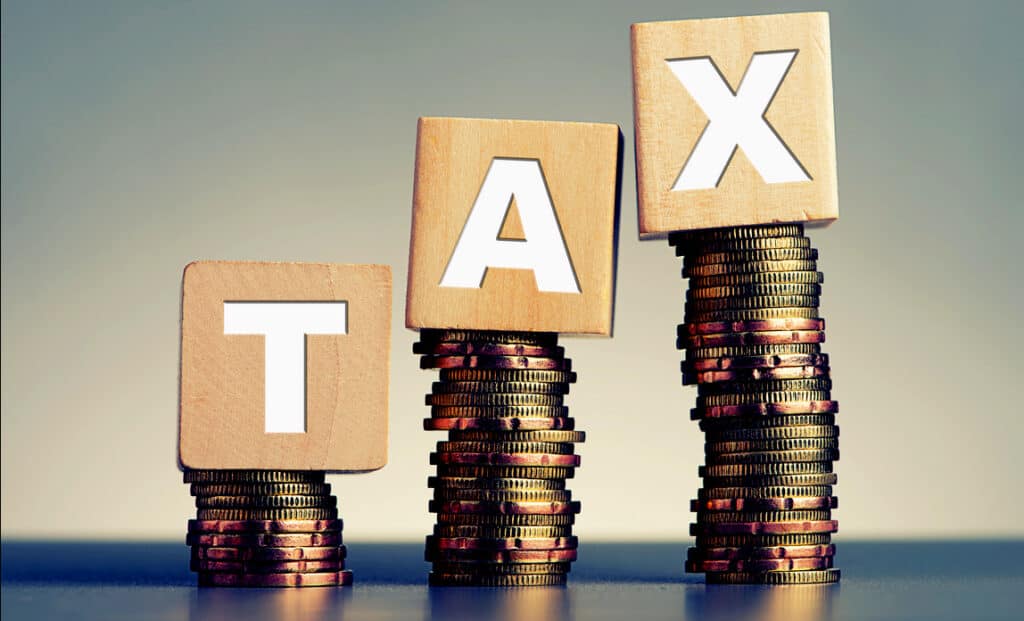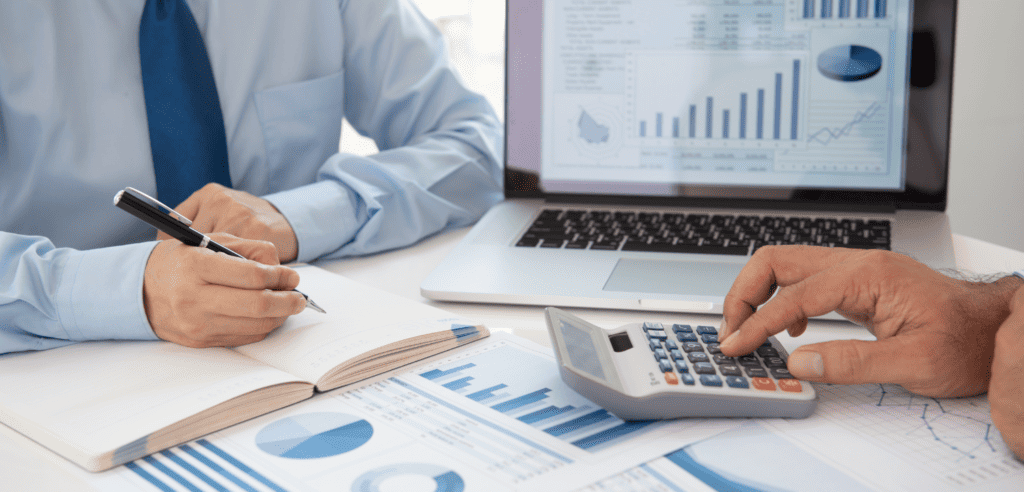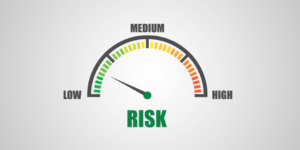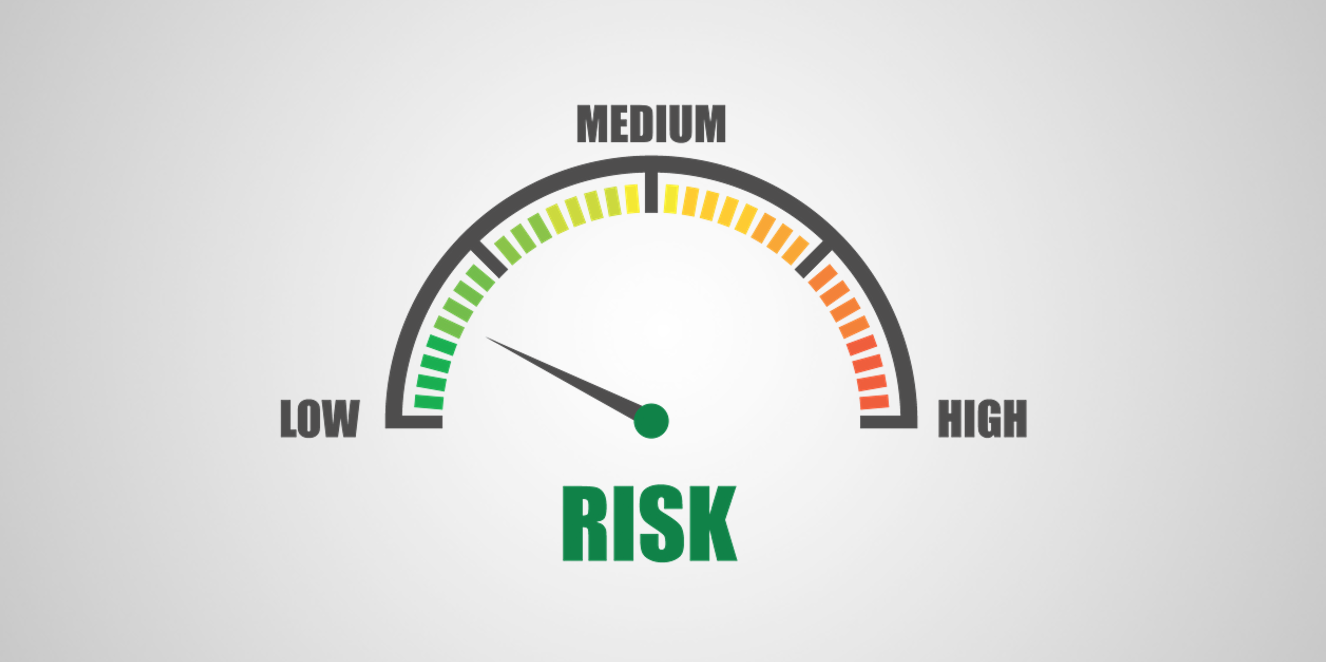Contents

The sad truth is that most businesses in the UK are really struggling financially because there is very little content available about building a healthy relationship with their accountants.
There are still too many entrepreneurs who are expecting to be spoon fed information, just because they don’t understand the right questions to ask or how to integrate financial professionals into their team of trusted advisors.
This article starts with covering the basics about what you should expect from the accounting and tax advisors you work with, but I’d really like to encourage you to stick with it to the end as I’ll be covering the extra accountancy services you can ask for that you might not even know your business needs.
Let’s start with a brief understanding of the various reasons a small business might hire an accounting professional. The services on offer in the accounting world has traditionally been split into three areas:
1. Tax Compliance Services
It’s kind of in the name, but a business must comply with the various tax legislations, financial reporting requirements and keep their tax affairs up to date. Outsourcing this to an accounting services provider is a great way to avoid time consuming tasks that get even more distracting as your small business grows.
What is the role of a tax accountant in a business?
One of the most common areas to get support with are your self assessment tax return if you’re self employed, a sole trader or a company director.
Whereas limited companies will usually need help with their corporate tax work and potentially also VAT and payroll.
The challenge with providing this type of service for accountants is that there is a misconception that anyone can do it, so quite often it is difficult to charge high enough fees to do it right.
When people are looking for someone to provide tax services, they will often go to the cheapest because they don’t understand how tax accountants can add value in this area.
Need Some More Advice?
GET IN TOUCHWhat is the difference between business tax accountants and bookkeepers?
Many business owners to their peril, assume that they can just use a bookkeeper to do this vital accountant’s role and, while many bookkeepers will convince them it’s okay, they very often miss out on the next step which is to get good quality tax advice.
Building a relationship over the simple stuff can then lead to a much more valuable conversation on the advisory side that most bookkeepers just aren’t qualified to initiate.
There are two really important things that need to happen for compliance to be done well for small businesses:
Firstly having an accountant who works in an organised way is vital because entrepreneurs just don’t have the time to be providing the same documents and over and over again and the consequences of missing a tax deadline with HMRC or a filing deadline with Companies House are significant.
Customer service from your accountant

In addition to this there are other times when a fast turnaround on work is needed, especially when you’re applying for a mortgage or looking to rent a house or lease a vehicle.
Getting your tax work filed on time by a reputable professional tax accountant can have a positive impact on your businesses credit rating and also reduce the chances of tax investigations.
2. Tax Advisory
The next level up from an accountant or bookkeeper who only provides business tax services is working with one who will advise you on how to improve certain aspects of the financial side of your business.
Accounting software training and strategy
You’ll find that many accountants are experts at Xero accounting software as well as any others you might use and, in addition to that they can really help you set up financial systems and processes, for example around how you manage petty cash or decide on payment terms and credit for customers.
As a business owner it’s really important that you initiate a healthy professional relationship with your accountant, because to gain the biggest benefit from their expertise you will need to keep them aware of upcoming changes in your business and also your personal life.
Business and tax structuring
By opening up and allowing your tax adviser to gain a thorough understanding of your business operations and future plans, you are giving them the opportunity to help you plan things more tax efficiently in advance, when it still counts rather then considering missed opportunities in hindsight.
Business accountants will often help you zoom out of your day to day financial affairs and determine the right business structure so you can pay yourself in the most tax efficient way and also reduce the risk of issues within your various business areas effecting the others.
Understanding your tax position
Tax planning is a crucial advisory service provided by business tax accountants and getting it right can have a really beneficial financial impact on your business finances. Tax is a cost, so you can improve your profits by lowering it.
If you’re a sole trader then you will need advice on how to reduce your tax liabilities relating to income tax and class 4 national insurance contributions, whereas when someone is running their own business through a limited company their accounting needs will focus on the tax implications that come with corporation tax.
Importance of great bookkeeping
To get value adding financial information from your business tax accountant, there has to be a great bookkeeper in the mix because their business clients need accounts and financial records that are up to date, so they can use them to reach conclusions about the past and current performance of the business and then make recommendations.
Having your bookkeeping up to date is essential if you want to be able to receive estimates of upcoming tax bills so you can start saving, before you have to pay corporation tax.
If you’re struggling to keep on top of this then you may find that paying an expert to do it for you is a good investment.

3. Financial Management
Beyond business tax services
Most medium sized businesses and also those that might be classed as a big business, have a finance team and director in house, because they understand the importance of having accurate financial information and projections in real time.
Financial business partnering
Whilst most professional tax accountants do a hugely important job in supporting their clients, it is very clear that they could do a lot more when it comes helping them manage cash flows and creating targets for growth.
To successfully scale a business, the owners need to understand where it currently is, what the destination looks like, and how they are going to fund the growth needed. These are all areas where an accountant can provide valuable answers.
How do I find an accountant for a small business UK?
Often it’s as simple as Googling “Accountants Northampton” or wherever else you might live, but quite often the trusted advisor you’re looking for might come from a recommendation from your network or even from a piece of content they created which demonstrates their credibility.
How much does an accountant cost for a small business UK?
The biggest challenge in our industry right now is this race to the bottom when it comes to prices. When you consider that a Chartered Accountant can take around 6 years to qualify, it’s absurd that they are often willing to work for pennies.
Part of the challenge is also the vast number of unqualified and inexperienced people trying to compete in this space.
You get the expertise you pay for
Whilst many accountants are professionally competent, it is very often the case that the low prices they charge mean they have to have a much larger client base, which means that they don’t have the time to do anything other than the bare minimum they are contracted to do so.
Ultimately it’s the client that suffers and quite often that low fee isn’t quite the saving it initially appeared to be.
Average fees for small business tax accountants
Sole traders will typically pay £50 – £80 + VAT per month for a set of annual accounts, self assessment tax returns and accounting software.
Whereas for a limited company which requires accounts, corporation tax work, payroll, directors self assessment tax returns, confirmation statements, and accounting software the range could be £150 + £250 + VAT. VAT returns and bookkeeping are usually extra to this.
All you can eat advice
It’s really important that when you chose an accountant that you don’t pick one that charges you for every email, phone call or meeting.
Knowing that you’re going to be charged for every question you ask is going to deter you from building a relationship with them, and ultimately you will miss out on the support you need to really grow your business.
Get in touch
We’re an accounting firm based in Northampton, however we support businesses from all over the country. We can work in person with face to face meeting, or even support you online.
Please reach out to me if you need some help, as you can tell from the content we’re creating, we are the experts in this area.














